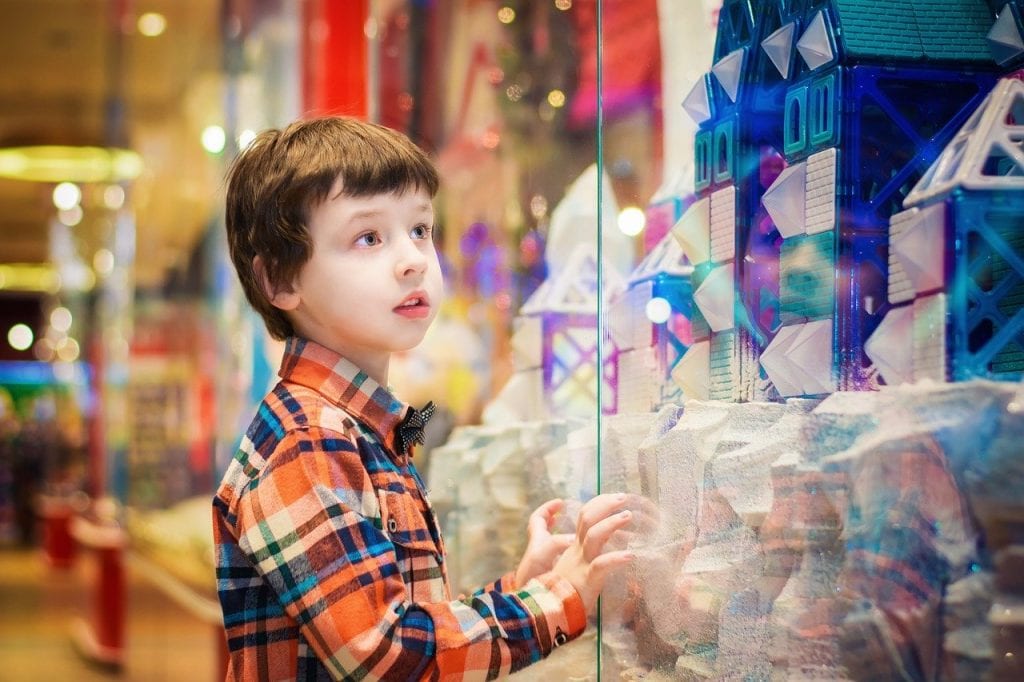
Parents and other loved ones who provide holiday gifts for children with autism spectrum disorders and other intellectual and developmental challenges may or may or may not know that there is special care that can be taken when making gift choices. Those with children or relatives on the spectrum can follow a few guidelines to make the best gift choices when shopping for their little ones.
The first tip is to check with the child’s parents, who know the child best and can tell you what they like and what they may have an aversion to or what makes them uncomfortable.
Often, children on the autism spectrum have very distinct interests in a certain topic. If this is the case, books and toys that relate to their interests may be a hit, as long as they don’t interfere with a child’s individual fears or triggers – which could include surprises, loud noises or overly bright colors.
Some children, and even teens, with autism may have difficulty with unexpected events and some sensory experiences, and they sometimes have significant communication challenges that might limit or prevent them from expressing dislikes. Some calming items, like noise machines and lights with tranquil sounds and images, can be enjoyable for some children. Similarly, some individuals with autism like items with weight, like heavy blankets and weighted vests, or even a weighted lap dog or stuffed animal.
Other gifts that might be helpful are those that build social skills while engaging in a fun activity. Simple games like Connect 4, memory card games, and blocks or Legos can be used to teach turn-taking skills. In addition, some board games can be excellent at building attention and stamina for social games. Some board games aim to teach or reinforce social skills directly. Examples of these are the Hidden Rules Game, What Should I Do Now? and the Socially Speaking Game. There’s even something called Social Skills Bingo, which individuals who like bingo might enjoy.
There is a lot of individuality, so it is important to ask parents and teachers about interests and preferences. With planning, great gifts can bring much joy and some new skills to these learners.
Mary Jane Weiss, Ph.D., is director of programs in Applied Behavior Analysis at the Van Loan School at Endicott College. She has worked in the field of ABA and autism for more than 35 years. She serves on the scientific council of the Organization for Autism Research, is on the board of Association for Science in Autism Treatment and is a regular contributor to the ABA Ethics Hotline.























